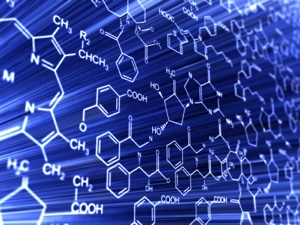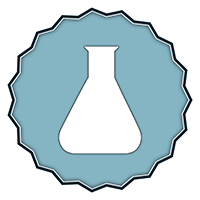It never ceases to amaze me just how truly gifted and misguided addicts really are. During my nearly thirty-year tenure of holistic addiction treatment, I’ve had the privilege of treating some of the biggest names in Hollywood, the music industry, professional athletes, titans of business and thousands of everyday people. Just when I think I’ve seen it all, someone new will walk through my door and surprise the heck out of me.
The reality is that addicts and alcoholics are very talented people. Addicts as a group are mostly charismatic broad-minded individuals and very often over-achievers. They’re resourceful, creative risk-takers who get off on a tangent ? good or bad ? and follow it to the end.
Just look through history. The popular fictional character of the late 1800’s Sherlock Holmes was a cocaine addict. Ernest Hemingway’s drinking is legend. More recently, future hall of fame quarterback Brett Favre admitted he was addicted to Vicodin. Robert Downey, Jr’s battle with drugs played out in the headlines of the tabloids just like Charlie Sheen’s recent meltdown. Patrick Kennedy, the former Rhode Island U.S. Representative, has been treated for multiple addictions including prescription medication.
This is the short list; I could go on forever. I cite these high profile individuals partially because they disprove the common stereotype of the down-trotted addict/alcoholic; and also to demonstrate just how highly motivated and productive an addict can be even when they’re using.
However the most intriguing question I’ve been asked is what makes these people tick? What drives them? What makes them go to the lengths that they do?
A surprising statistic was revealed to me not long ago when my close friend and college Dr. Ken Blum conducted a study at my facility, G & G Holistic Addiction Treatment Center. Dr. Blum is considered by his peers to be the world’s leading authority on the Reward Gene, which is sometimes referred to as the Addiction Gene. What we found was that three out of four people participating in the study shared a common genotype, the DRD2 A1 gene ? meaning they have a genetic predisposition to addiction.
These people ? and most likely the ones I mentioned earlier ? don’t feel life’s pleasures the way most people do. They are incapable; their brains cannot process Dopamine ? the primary neurotransmitter of reward and pleasure ? as effectively as others, leaving them feeling unease and out of sorts.
The human body is a remarkable mechanism. It knows when it’s healthy and when something is off. In the case of the DRD2 A1 gene, the brain knows that something is not quite right and sets out to correct it. The brain is trying to compensate and normalize itself.
In the early stages of life, someone with a predisposition to addiction might eat an abnormal amount of sugar or carbohydrates that convert to sugar in the body to stimulate the production of Dopamine. Their behavior may seem daring or risky, as though the consequences don’t really matter.
Later on, it wouldn’t be uncommon for the same person to turn to drinking, drugging, sex, gambling or a host of other self-destructive addictive behaviors in an unconscious effort to normalize their brain function. The vast majority of addicts and alcoholics begin using in their mid-teens.
But it also would not be uncommon for this person in their mid-teens to engross themselves in other more constructive activities that conforms to the associated behavioral characteristics of the DRD2 A1 genotype. They thrive on activities that require aggression, competition and creativity; such as sports, band, drama club and even honor society to mention a few.
Having a genetic predisposition to addiction or being an addict or alcoholic is not a death sentence; but rather a sign of true greatness that lies within. My goal as an addiction counselor is to help these people relinquish their self-destructive behaviors by adopting a happy and productive lifestyle; to help them find balance in life while reaching their inherently enormous potential.
My method is proven, evidenced-based holistic – treating the mind, body and spirit. Obviously I cannot name names; but I can tell you that I’ve treated many addicts who have gone on and achieved far more than they had ever imagined possible and continue to live happy and fulfilling lives.


